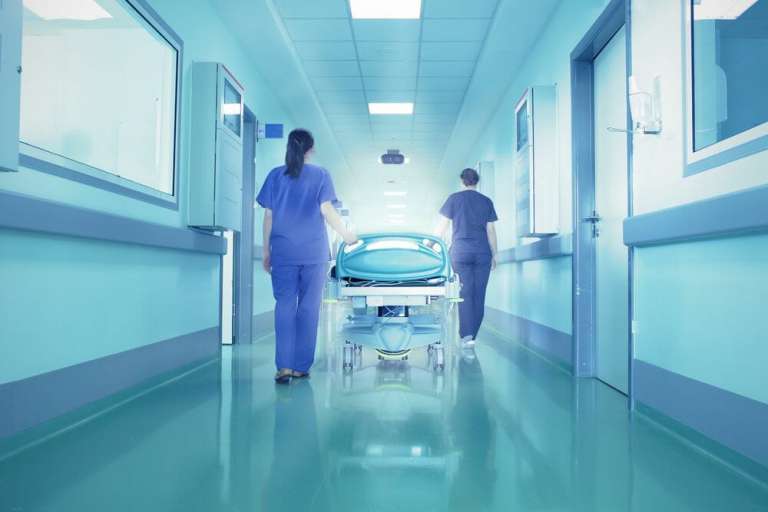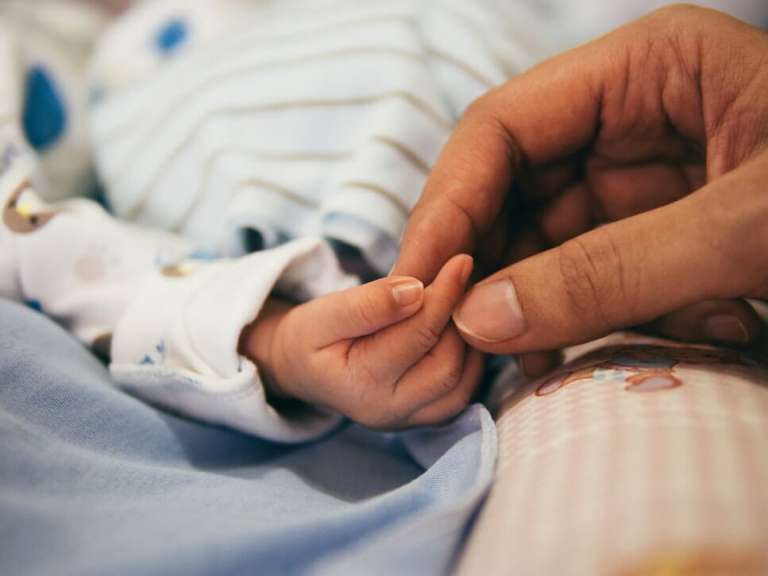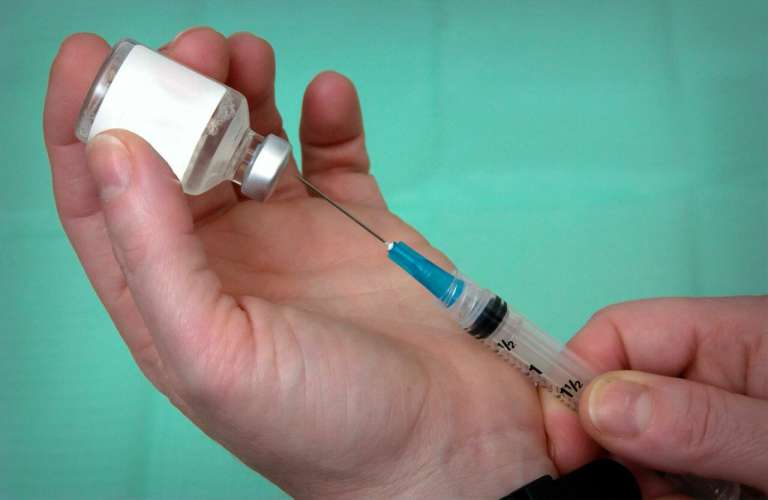Throughout the pandemic, millions of operations have been cancelled, urgent cancer referrals have decreased by 25% and thousands of heart attack patients missed out on treatment. But, with the easing of lockdown restrictions, you might be led to believe it’s time to return to normality. Only it isn’t. Not the old normal, anyway. As you’ll know only too well, if you’ve been waiting for surgery, there is now a mandatory two week isolation period before surgery.
Although this might sound inconsequential, it might be that it has a profound impact. It’s thought that people will avoid surgery, or ignore the guidance, due to issues with work.
Two week isolation before surgery
With everything that has happened in 2020, you’d be forgiven for not noticing that in May, NHS England published an ‘Operating framework for urgent and planned services in hospital settings during COVID-19’. A document which sets out a framework for the NHS to restart non-urgent treatment, whilst maintaining their capacity to handle a second wave.
This includes a two-week isolation period before surgery, for prospective operatees. On the face of it, a logical policy. And of all the measures put in place to suppress the spread of the COVID-19 virus, not the most restrictive.
What’s the issue?
The devil lies in the detail. As openDemocracy found out when they enquired about Statutory Sick Pay (SSP) entitlement during this period of isolation. The Department of Work and Pensions confirmed that people are not entitled to SSP when self-isolating for surgery. Instead, they encourage employers to support their staff during this period.
To make it worse, openDemocracy report that some hospitals are even telling members of the same household to self-isolate. Thus compounding the financial burden.
What impact could the policy have?
For the benefits of reducing the chance of virus transmission, there are a number of potentially negative consequences which might arise from this policy.
The two main concerns are that:
- People ignore the guidance; and
- People avoid and/or delay surgery.
After spending months in isolation to suppress the virus, it’s easy to think that point two might be the lesser of the two evils. However, this is the one which is causing concerns for a growing number of health professionals.
People are avoiding treatment due to the rule requiring two weeks of isolation before surgery
Dr Helgi Johannsson, an anaesthetist at Imperial College expressed his concern on Twitter. He said that the policy will be detrimental to those whose jobs are in danger or have children in school. He also believes that the pre-operative COVID-19 tests mean that isolation is unnecessary. By his calculations, the testing protocols would mean only 1 in every 800,000 patients are not identified, so the risk – without mandatory isolation – is very low. He added that he is “much more likely to pass someone with covid in the supermarket.”
Oliver Warren, a Consultant Colorectal Surgeon, was one of many to echo Dr Johannsson’s sentiment. He has had a hard time getting patients into surgery because of the policy.
You are completely correct. I am struggling to get patients who desperately need it to come for surgery because they say they are too worried about their employers to self-isolate for two weeks… and for what?!?!
— Oliver Warren (@DrOliverWarren) July 9, 2020
Two weeks of isolation needed before surgery
A defining feature of COVID-19 has been it’s ability to divide the public at almost every turn. This policy is no different, as it has its supporters too.
Speaking to openDemocracy, Helen Fidler of the British Medical Association said “It is imperative that patients undergo two weeks’ of self-isolation ahead of surgery in the interests of their very safety”. She also highlighted research which suggests that the risk of complications is increased in those suffering with COVID-19.
What next?
Like many of the debates thrown up during the pandemic, both sides, whilst in disagreement, want to achieve the same thing; what’s best for NHS staff and service users? They just have a different view on how to reach this point.
Unlike many of the debates during this pandemic, this is not a paradox. It’s an entirely solvable problem.
In considering the reasonableness of the policy, if we were to accept that both sides assertions are accurate:
- The isolation policy is preventing people from having surgery; and
- The risk of complications during surgery is increased, if you are suffering from COVID-19.
The question is, how many people are missed by the pre-operative COVID-19 tests? If Dr Johannsson is correct; that it’s close to 1/800,000, does a policy of two week isolation before surgery policy make sense? If, as many professionals are suggesting, patients are delaying surgery.
If the answer is that “the risk is of a patient being missed is too high”. The answer is even more simple. Mandatory isolation stay, but with SSP during the two week isolation before surgery. It would cost less than £200 per patient. Surely this is less than the cost to our health service of treating people who have left minor problems to become chronic?
What will be done?
There have been many dilemmas during the pandemic. Difficult, damned-if-you-do; damned-if-you-don’t decisions. This is not one of them. Current policy is not sufficient, but there are seemingly obvious solutions.
Despite the conspicuous solutions, the British Orthopaedic Association wrote to NHS England in May, highlighting this very issue. In mid-July, it remains an issue.
You would have hoped that if the pandemic had taught anything, it might have been the importance of preparation. But despite professionals drawing attention to the medical catastrophe, just around the corner, due to delays and backlogs in various areas of medicine, it seems like we failing to prepare, and inevitably therefore, preparing to fail.





